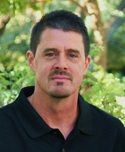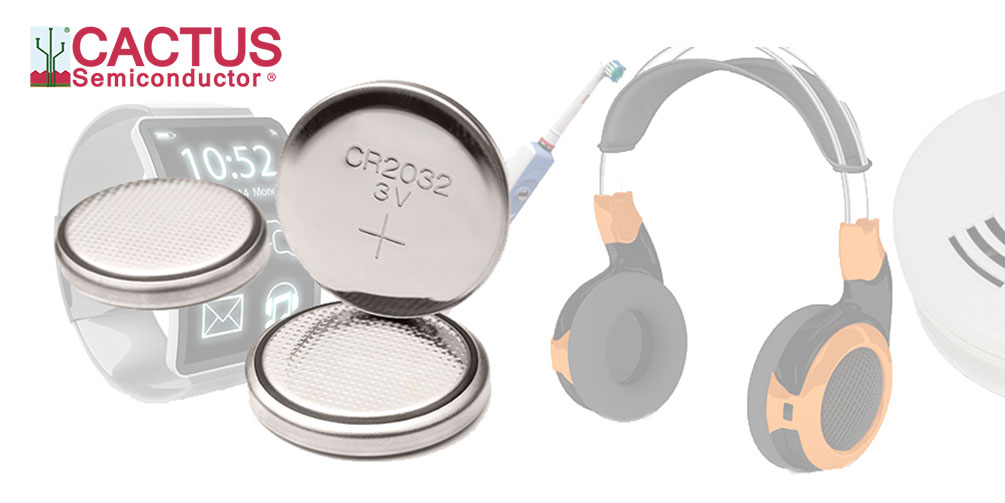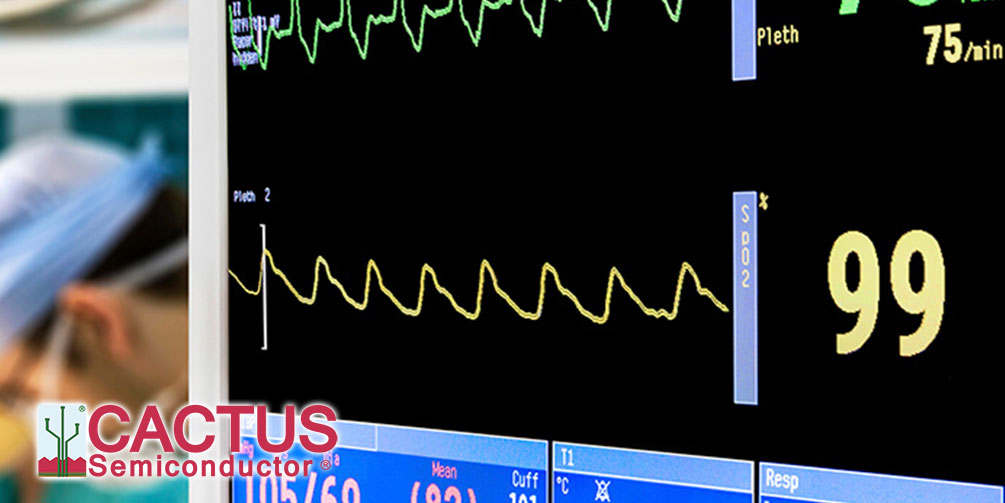Cactus Semiconductor provides turn-key, end to end analog and mixed signal ASIC product development, and other integrated circuit design services ideafor key markets that include implantable class III medical devices, power management and battery-powered portable electronics. Since 2006, Cactus Semiconductor has developed ASICs for more than a dozen medical devices for a wide range of applications. Below is our interview with Andy Kelly from Cactus Semiconductor:

Q: Andy, tell us something more about Cactus Semiconductor and your history?
A: Cactus Semiconductor is a full-service provider of low-power mixed-signal Application Specific Integrated Circuits (ASICs), specializing in miniaturized portable and implantable medical devices. The company leverages its systems expertise and vast experience with ultra-low-power integrated circuit design to provide optimal solutions for medical ASICs. Expertise is also leveraged for a variety of portable and wearable device applications for which size, weight, and power are critical factors.
Founded in 2002 by Nandini Srinivasan and James McDonald, Cactus Semiconductor started out as Cactus Custom Analog Design, and our business was focused on Integrated Circuit (IC) Design and Layout Services. With our founders and several employees having worked with some of theOEMs and Semiconductor companies in the area, we were able to maintain a steady flow of contracts for several of the big companies in the “Silicon Desert” of Arizona. In 2006, we decided to expand our operation to include our own Integrated Circuit products. We identified a need in the market for a growing number of medical device companies to get access to ASIC design expertise, because the trend toward novel devices and miniaturization could not be adequately served by the available standard products. We also had several employees with vast experience in the development of ASICs for medical devices, so we set forth acquiring medical device customers and developing ASICs for their new products.
 Recommended: eRentPay – A Better Way To Manage Properties
Recommended: eRentPay – A Better Way To Manage Properties
Since 2006, we have developed ASICs for more than a dozen medical devices for a wide range of applications. We have also developed an Application Specific Standard Product (ASSP) to help customers jump-start the developments of new Neuro-Stimulation devices. We are now an ISO 9001:2008 certified supplier, and an approved supplier for numerous implantable medical device companies. We changed our name to Cactus Semiconductor in 2011 to reflect the full-service nature of our business.
Q: What makes Cactus Semiconductor a good choice?
A: Cactus Semiconductor offers the best of both large and small ASIC companies. On one hand, we are a full-service provider, offering our customers one-stop shopping for IC Design & Layout, Wafer Fabrication, IC Packaging, Wafer and Package Testing, Qualification Testing, and Production support. On the other hand, we are small and lean, and we strive to provide our customers a Collaborative, Flexible, and Responsive approach to product development projects. We believe that this combination of capabilities, combined with our high level of expertise, provides our customers with the lowest risk and most cost-effective path for developing their new products. Affirming this belief, we recently received feedback from one of our customers stating, “We can’t thank Cactus enough. Achieving working silicon in a year and a working system in less than two years is phenomenal. At the big companies we came from we’d still be making a decision. Had we tried to set up our own design group we’d still be making test chips and that is if we could have hired good people. Cactus has given us a head start and a working product that is a valuable contribution to our success.”

Recommended: Venera Technologies Blazes A Trail With Its Latest Enhancements To Its File-Based Automated Quality Control Solutions
Q: You’ve recently joined the Center for Sensorimotor Neural Engineering (CSNE) as an industry partner; tell us something more?
A: Founded in 2011, and headquartered at the University of Washington, the CSNE is one of 17 Engineering Research Centers across the U.S. funded by the National Science Foundation (NSF). The Center’s goal is to develop ways to help people with neurological conditions such as stroke and spinal cord injury.
Cactus Semiconductor has joined a growing list of industry partners seeking to help the CSNE focus research efforts in areas of greatest need and opportunity. This collaboration provides a mutually beneficial framework for member companies to gain early access to the latest research, and for researchers to prioritize efforts with the most promising commercial value.
Q: Could you explain the function and advantages of your analog and mixed signal ICs?
A: The primary advantages offered by our ASIC products are derived from the fact that they are all full-custom designs. This means that the ICs are designed solely and specifically for the requirements of one target application. This is in stark contrast to standard products in the IC market, which strive to serve as many different applications as possible – which inevitably leads to a lot of compromises, and rarely represents the best solution for any single application. Through full-customization, we can focus the design effort on one set of requirements. As a result, we can often produce significant power savings, which is the key to miniaturization for many portable, wearable, and implantable devices – because it enables the use of smaller batteries. Customization also enables a higher level of integration which can further reduce size and cost, while increasing reliability due to reduce component count.
Recommended: BirdEye Closes The Loop Between Reputation Management And Customer Experience
Q: What are your plans for next six months?
A: Our plan for the next six months is to increase our presence in the portable and wearable device market. The challenges for these new devices are very similar to those of implantable devices, and as such, Cactus’ expertise should be a perfect fit for the needs of this growing market. Our staff also has a lot of expertise in the development of non-implantable devices, such as Hearing Aids and Glucose Meters. Of course, we plan to maintain our foothold in the implantable medical ASIC market, and continue to support our IC Design & Layout Services business, which got us started in the first place.
Activate Social Media:


